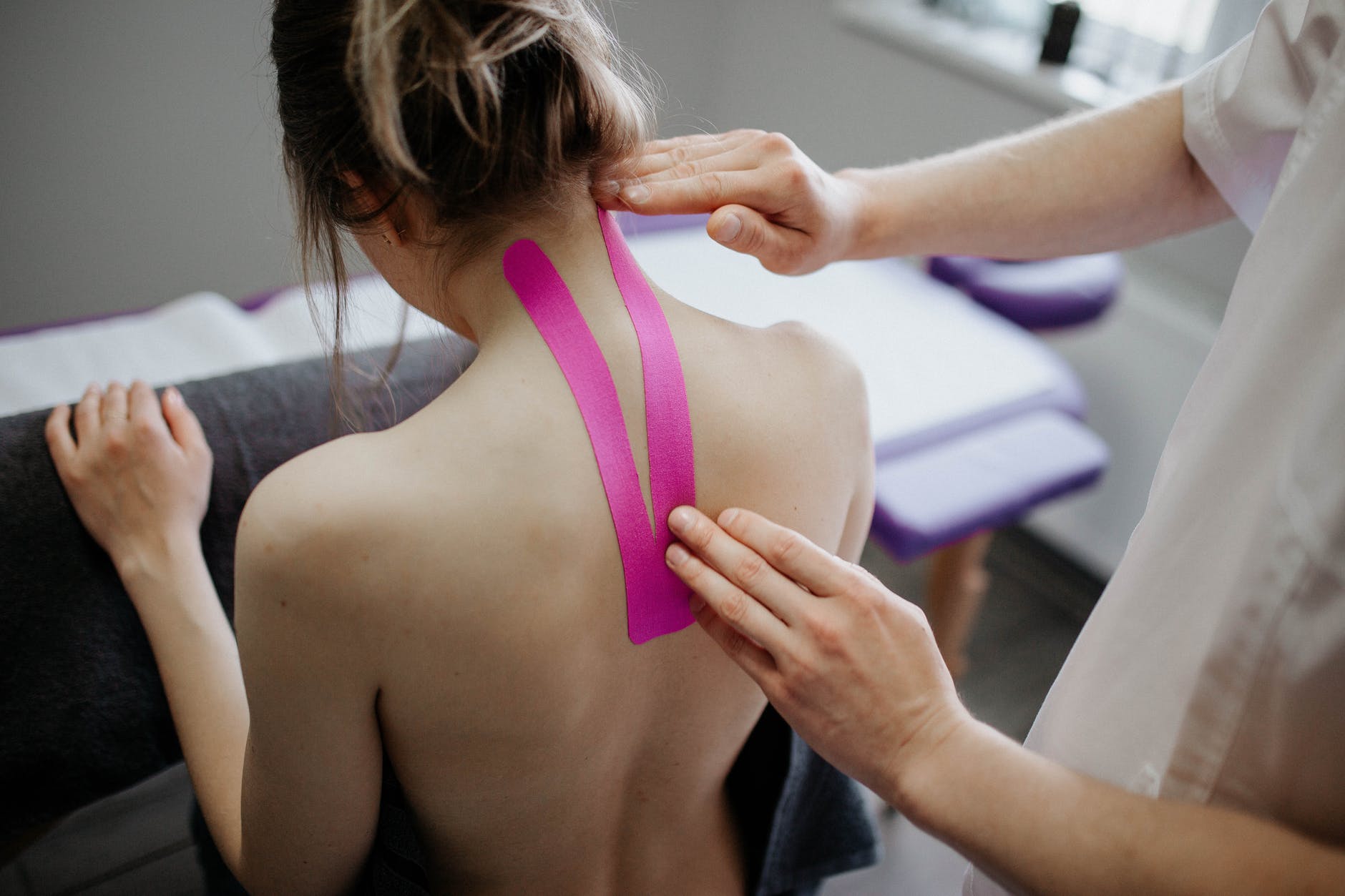
|
(519) 742-7774 Free initial Consultation Home and Hospital Visits Available |
|||
Robot exoskeleton developed locally as an aid for those with mobility impairment |
|
January 18, 2022, Kitchener, Ontario Posted by: Robert Deutschmann, Personal Injury Lawyer
Some use implants which stimulate muscles into moving while others use AI to move the limbs physically. It is good to see some of this research now occurring in the Region. Traumatic spinal cord injury is a leading cause of disability and with it comes many other issues including emotional, mental, financial and physical strain. Often those who become disabled are no longer able to return to previous jobs and have difficulty securing employment. Aids to mobility other than wheelchairs, crutches or walkers are tremendously valuable. This latest self-walking exoskeleton developed at the University of Waterloo is an incredible lower body external walking device that uses deep learning and a wearable camera to help the wearer walk. The Record did a wonderful job of reporting on the development. It’s attached below. If you or a loved one has sustained a traumatic spinal cord injury because of someone else’s negligence – in a car accident, bike accident or workplace injury, for example, contact our experienced personal injury lawyers today.
|
|
| Posted under Accident Benefit News, Bicycle Accidents, Car Accidents, Catastrophic Injury
View All Posts |
|
About Deutschmann Law Deutschmann Law serves South-Western Ontario with offices in Kitchener-Waterloo, Cambridge, Woodstock, Brantford, Stratford and Ayr. The law practice of Robert Deutschmann focuses almost exclusively in personal injury and disability insurance matters. For more information, please visit www.deutschmannlaw.com or call us at 1-519-742-7774. It is important that you review your accident benefit file with one of our experienced personal injury / car accident lawyers to ensure that you obtain access to all your benefits which include, but are limited to, things like physiotherapy, income replacement benefits, vocational retraining and home modifications. |
|
Contact us for a
free initial consultation |
Personal Injury Blog
Connect with us
Deutschmann Law concentrates its practice in matters concerning car accidents, motorcycle accidents, pedestrian accidents,bicycle accidents, catastrophic injury, serious injury, brain injury, spinal cord injury and disability insurance claims. Serving Kitchener, Waterloo, Cambridge, Brantford, Ayr, Woodstock, Guelph, Milton, Elmira, Tavistock, Tillsonburg, Ingersoll, Norwich, Elora, Fergus, New Hamburg, Ontario and surrounding areas. “Deutschmann Law Professional Corporation” is practicing under the name Deutschmann Law. © 1998 - 2024 Deutschmann Law Accident, Injury Lawyers and Disability Lawyer Site Map Disclaimer Website by We Think Solutions Full Site | Mobile Site |
 We've written about exoskeleton development several times in the past
We've written about exoskeleton development several times in the past 